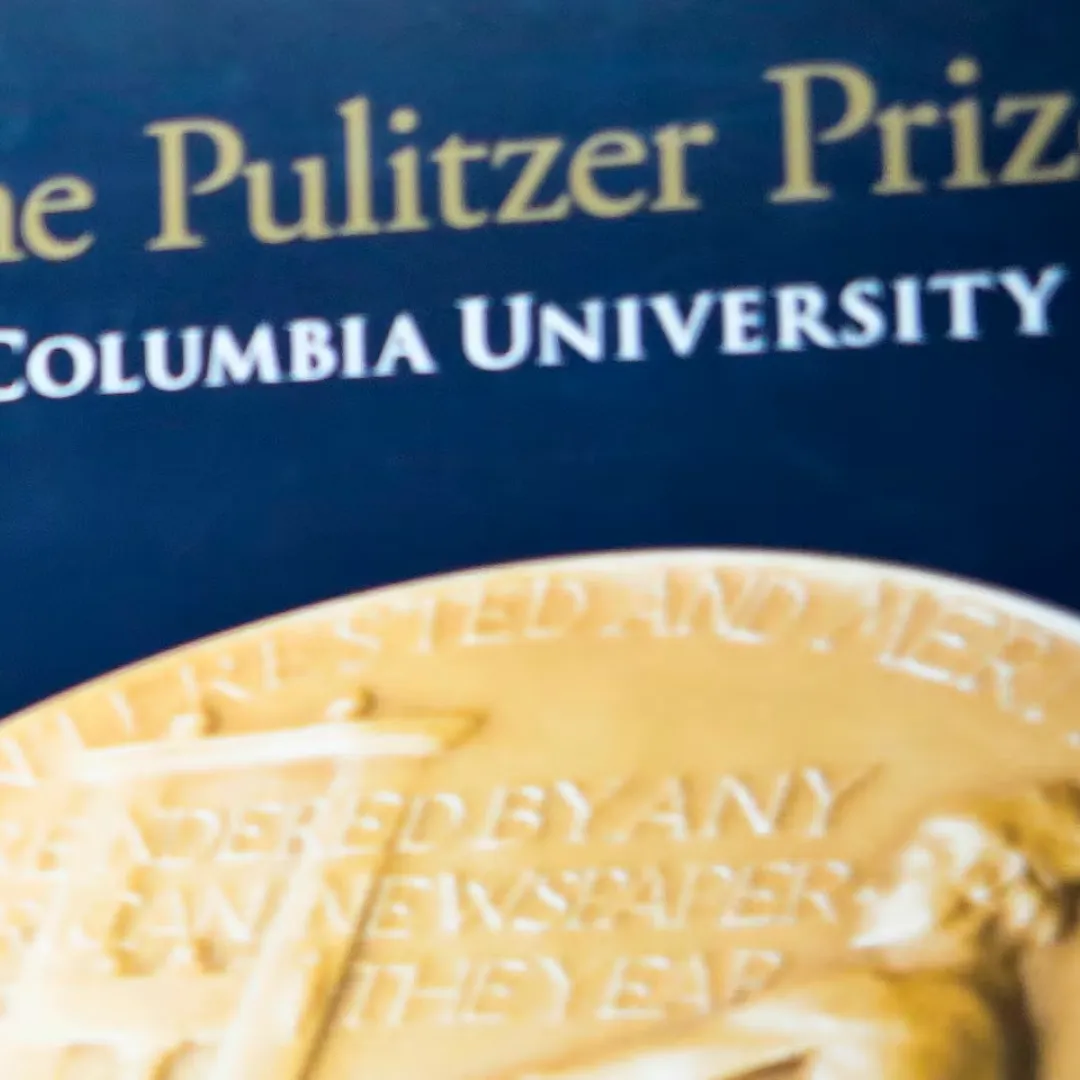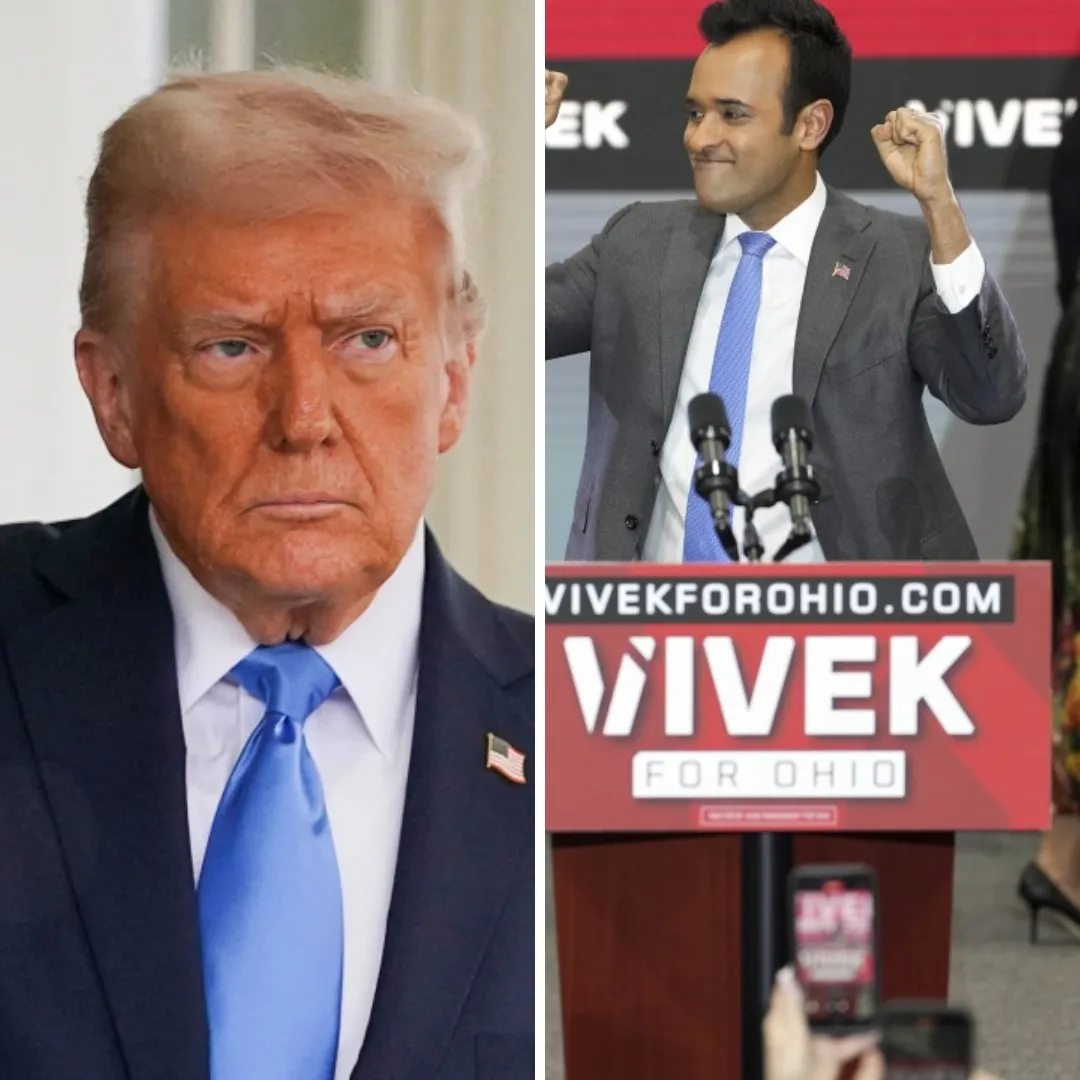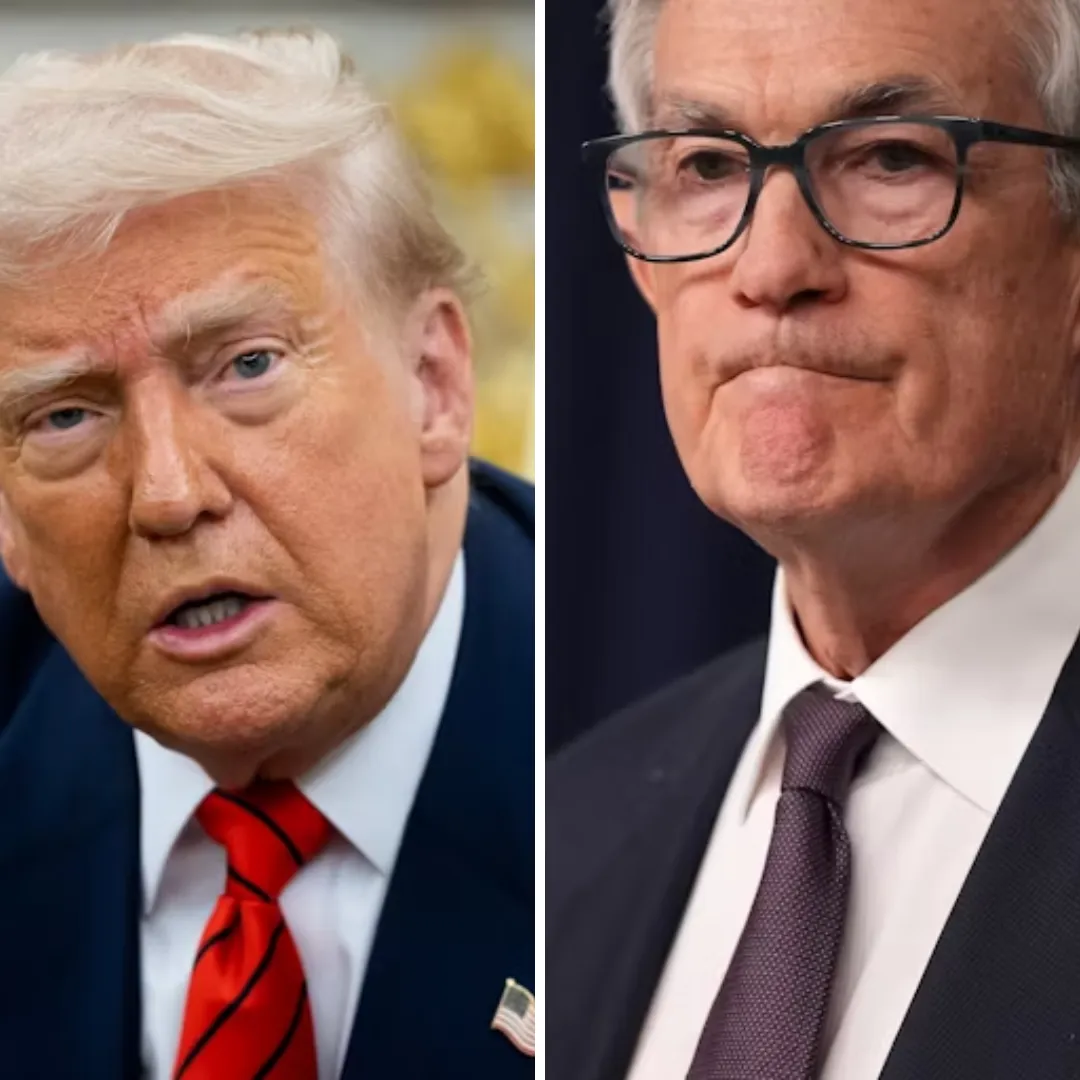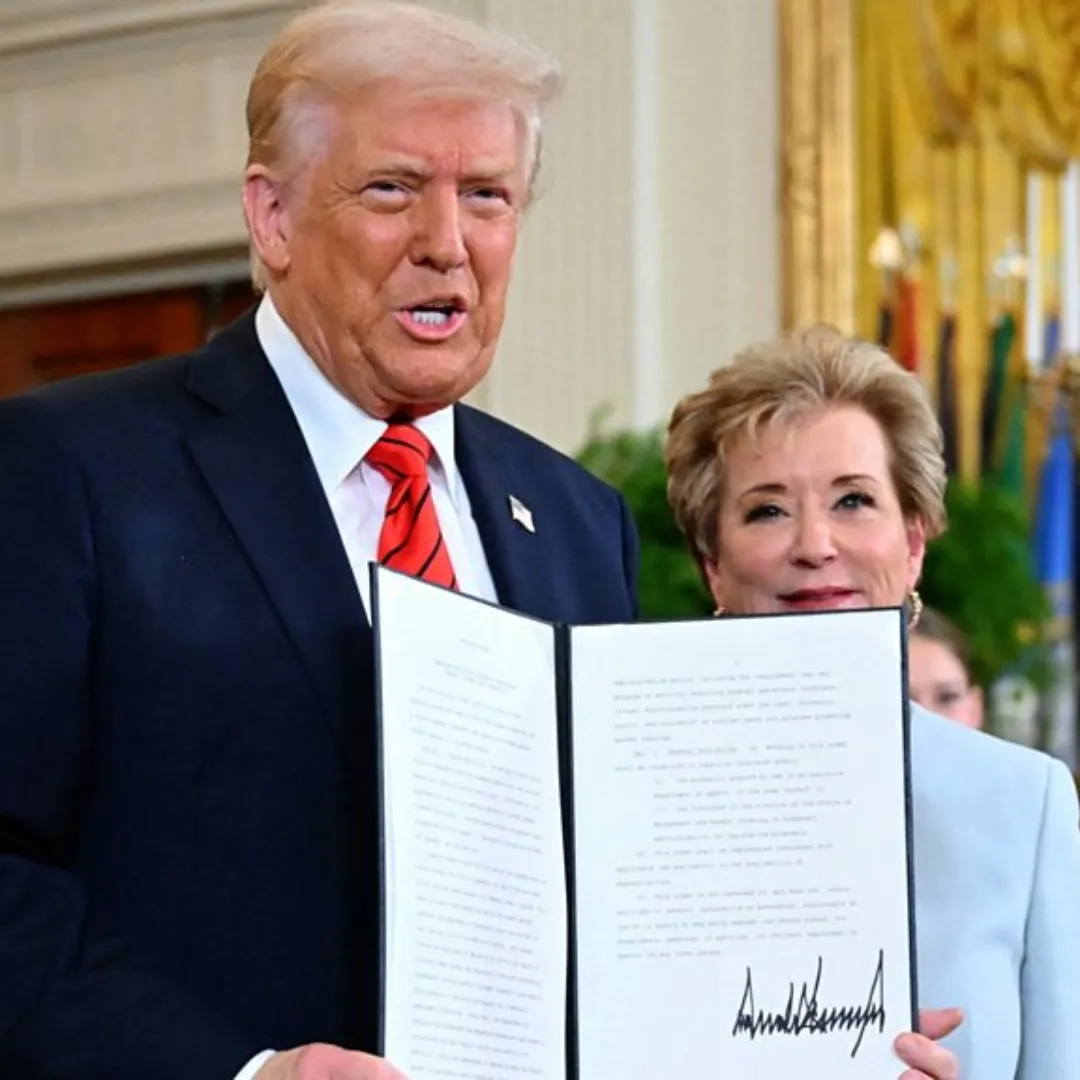
President Donald Trump has ignited a fresh political storm after confirming reports that his administration is preparing to accept a luxury Boeing 747-8 aircraft from the government of Qatar — a move he has defended as a win for American taxpayers but which Democrats and legal experts are calling an unconstitutional abuse of power.
With Trump set to embark on a high-profile Middle East tour that includes a stop in Qatar, the proposed jet deal has swiftly become a lightning rod for controversy in Washington, with accusations of foreign influence, potential emoluments violations, and personal enrichment clouding what the president calls a “transparent” transaction.
The controversy erupted on Sunday evening when Trump posted a lengthy message on Truth Social, attacking Democrats for questioning the legality and motives behind Qatar’s reported plan to gift the United States a state-of-the-art Boeing 747-8 jet — the same aircraft model used for Air Force One.
While the White House has not officially confirmed the transfer, Trump acknowledged the Department of Defense was prepared to accept the aircraft as a temporary replacement for the current presidential fleet, which is more than three decades old and plagued by maintenance issues.
“So the fact that the Defense Department is getting a GIFT, FREE OF CHARGE, of a 747 aircraft to replace the 40 year old Air Force One, temporarily, in a very public and transparent transaction, so bothers the Crooked Democrats that they insist we pay, TOP DOLLAR, for the plane. Anybody can do that! The Dems are World Class Losers!!! MAGA,” Trump wrote, echoing the combative rhetoric that has defined much of his political career.
According to reports first published by ABC News, the Qatari government is considering handing over the aircraft as a diplomatic gesture, with the intent that it be used by Trump throughout the remainder of his second term and then transferred to his presidential library after he leaves office in January 2029.
Qatari officials, however, have downplayed speculation that the deal will be finalized during Trump’s upcoming visit, telling The Hill that no formal agreement will be signed this week.
The situation has quickly escalated into a legal and political crisis, with top Democrats accusing the president of violating the Constitution’s Emoluments Clause, which forbids federal officials from accepting gifts from foreign governments without Congressional approval.
Representative Jamie Raskin (D-Md.), the ranking Democrat on the House Oversight Committee, was among the first to sound the alarm. “Trump must seek Congress’ consent to take this $300 million gift from Qatar. The Constitution is perfectly clear: no present ‘of any kind whatever’ from a foreign state without Congressional permission,” Raskin wrote on X. “A gift you use for four years and then deposit in your library is still a gift (and a grift).”
Senator Chris Murphy (D-Conn.) also weighed in before Trump’s Truth Social tirade, warning that the very fact such a gift was being “considered” demonstrated the extent to which foreign governments have adapted to the Trump doctrine of transactional diplomacy. “The fact giving Trump a jet is ‘under consideration’ tells you all you need to know about what countries are being told they need to do to be an ally with America under Trump,” Murphy posted.
Despite the backlash, the Trump administration insists that the deal is above board. In a statement to NewsNation, White House Press Secretary Karoline Leavitt said, “Any gift given by a foreign government is always accepted in full compliance with all applicable laws. President Trump’s Administration is committed to full transparency.”
Still, she declined to comment on the specifics of the potential deal, including whether Congress had been informed or consulted, or whether legal counsel had cleared the arrangement under the Emoluments Clause.
While Trump has framed the proposed transfer as a patriotic, cost-saving solution to a practical need — replacing the aging and increasingly unreliable VC-25A aircraft currently used as Air Force One — critics see a different story unfolding.
Ethics watchdogs say the inclusion of the jet in Trump’s presidential library plans signals clear personal benefit. Jordan Libowitz, communications director for Citizens for Responsibility and Ethics in Washington (CREW), called the situation “unprecedented.”
According to Libowitz, “The totality of gifts given to a president over their term doesn’t get close to this level.” He added, “You have to ask, if he makes foreign policy — especially in regards to the Middle East — how much is he being influenced by his gifts and his business deals.”
Adding to the concerns are Trump’s deepening business ties in the Gulf region. His family business, the Trump Organization, is now run by his sons, Donald Jr. and Eric Trump, and continues to expand its footprint in the Middle East.

One of the company’s most recent ventures is a luxury golf resort in partnership with Qatari Diar, a state-backed real estate firm funded by Qatar’s sovereign wealth fund. While the Trump Organization claims it follows a voluntary ethics agreement that bars it from accepting direct deals with foreign governments, it still allows partnerships with foreign private companies — a significant step back from Trump’s first-term restrictions, which included prohibitions on both.
Critics say these entanglements raise serious questions about whether U.S. foreign policy is being shaped by personal financial considerations. “This is not diplomacy. This is deal-making in its most cynical form,” said one former White House ethics lawyer.
“You have the president of the United States entertaining a massive gift from a foreign monarchy while his business is actively growing in that same country. That’s not just a conflict of interest. That’s corruption.”
The legal debate hinges on whether the aircraft is truly being given to the U.S. government — for government use — or whether the long-term benefit to Trump himself disqualifies it as a permissible gift. Under the Constitution’s Foreign Emoluments Clause, the distinction matters greatly.
If the plane is intended for Trump’s personal use or his future library, it could be considered an impermissible emolument. Trump’s defenders argue that because the plane is being used for official purposes during his presidency, it does not qualify as a personal gift. But the plan to ultimately transfer it to a foundation bearing his name raises serious red flags for constitutional lawyers.
The issue also underscores how Trump continues to test — and in some cases, reshape — longstanding norms about presidential behavior and accountability. During his first term, Trump was sued multiple times for alleged violations of the Emoluments Clause, particularly in relation to his hotels and business dealings with foreign governments.
Those lawsuits were ultimately dismissed by the Supreme Court in 2021 as moot following his departure from office. But this time, as a sitting president actively arranging to accept an expensive gift, the stakes — and the scrutiny — are even higher.
Republican lawmakers have so far remained largely silent on the matter, though a handful of conservative voices online have expressed unease over the optics of a foreign government donating such a valuable asset to the president.
Some defense experts have also warned of potential national security risks. The existing Air Force One aircraft are heavily modified with secure communications, radiation shielding, and missile defense systems. While the Qatari jet is a modern Boeing 747-8, it would require extensive upgrades to meet presidential standards — and some experts question whether those modifications can be safely and securely made after manufacture.
“This is not just a matter of luxury,” one former Air Force official said. “This is about survivability. Air Force One is not a plane — it’s a mobile command center built to protect the president under the most extreme circumstances. A gifted commercial aircraft might not be able to meet those demands, regardless of how much equipment you install after the fact.”
With Trump’s Middle East trip now underway, and his stop in Qatar just days away, the debate over the jet is poised to intensify. If the deal is finalized while he is abroad, Democrats are expected to demand congressional review — or possibly initiate legal action — to block what they consider an unconstitutional transaction.
Meanwhile, Trump is expected to continue defending the deal as another example of his signature “America First” policy in action — a leader securing value for taxpayers while bypassing the inefficiencies of the Washington establishment.
The unfolding saga could also have broader implications for how future presidents handle diplomacy, gifts, and personal business. If Trump succeeds in acquiring the plane without congressional approval and without facing legal consequences, it may set a precedent for future administrations to engage in similar transactions.
For Trump, who has spent years navigating and defying the boundaries of presidential norms, the Qatari jet deal is more than just a plane — it’s another test of how far executive power can stretch.
Whether Congress intervenes, or whether legal action is brought to stop the transfer, the next few weeks will likely determine whether this gift becomes a permanent symbol of diplomatic cooperation — or a new benchmark in the erosion of presidential accountability.



